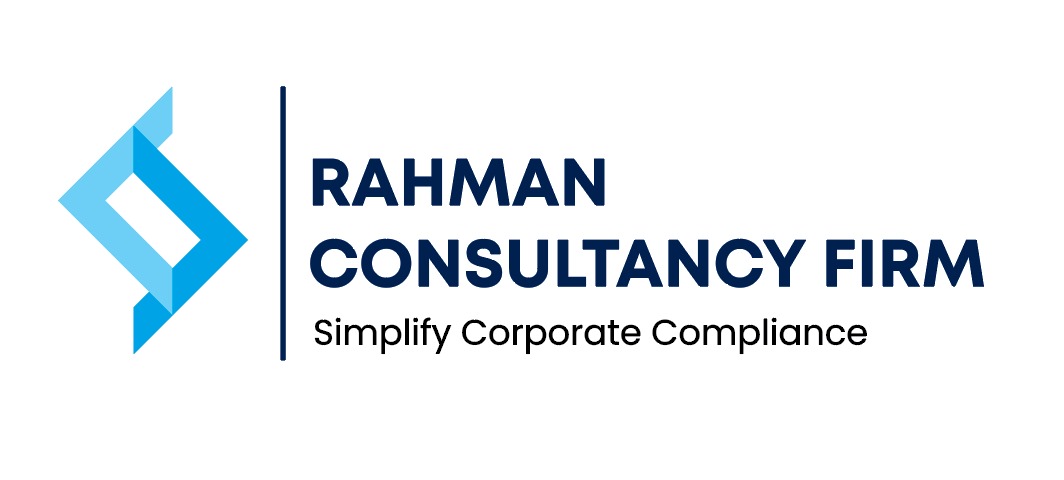When it comes to running a successful business, there’s one critical function that often works quietly in the background—but is absolutely essential: accounting. From managing daily operations to planning long-term strategies, accounting plays a central role in helping businesses stay financially healthy, compliant, and competitive.
In this blog post, we’ll explore the many reasons why accounting is so important for businesses of all sizes and industries.
📘 What Is Accounting?
At its core, accounting is the process of recording, summarizing, analyzing, and reporting financial transactions. It provides a clear picture of a business’s financial performance and position through financial statements like the balance sheet, income statement, and cash flow statement.
Whether you’re a solopreneur, a small business owner, or the CEO of a large corporation, accurate accounting is essential for making informed business decisions.
🔍 1. Provides Financial Clarity
One of the most obvious benefits of accounting is financial clarity. Through regular bookkeeping and financial reporting, businesses can:
- Track revenues and expenses
- Understand profit margins
- Identify cash flow patterns
- Monitor debts and assets
Without this information, business owners would be flying blind, making decisions based on guesswork instead of data.
🧠 2. Enables Better Decision-Making
With reliable financial information, businesses can make smarter choices. Whether it’s deciding to expand operations, invest in new equipment, or hire more staff, financial data helps guide these decisions.
Managerial accounting, a branch of accounting, focuses specifically on providing internal reports that help managers evaluate performance and make strategic plans.
📊 3. Helps Measure Business Performance
Accounting allows businesses to regularly assess their performance. By comparing current financial reports to previous periods or industry benchmarks, businesses can see if they’re:
- Growing or shrinking
- Operating efficiently
- Achieving profitability goals
This kind of performance analysis is crucial for continuous improvement and growth.
💼 4. Supports Budgeting and Forecasting
A well-maintained accounting system is key to effective budgeting and forecasting. Historical data can be used to predict future income, expenses, and cash needs. This helps prevent financial shortfalls and ensures the business is prepared for both opportunities and challenges.
💸 5. Ensures Tax Compliance
Every business must pay taxes, and accurate accounting is essential for:
- Calculating the correct tax liability
- Filing returns on time
- Taking advantage of deductions and credits
- Avoiding fines or audits
Professional accounting helps keep a business in good standing with the government and minimizes the risk of costly penalties.
🧾 6. Attracts Investors and Secures Loans
If you’re looking to grow your business through investment or loans, your accounting records will be front and center. Banks, lenders, and investors need to see:
- Profit and loss statements
- Cash flow reports
- Balance sheets
Strong, transparent financial records build trust and can significantly improve your chances of securing funding.
🛡️ 7. Helps Prevent Fraud and Financial Mismanagement
Accounting isn’t just about tracking money—it’s also about protecting it. Regular financial reviews can help:
- Detect fraud or embezzlement
- Prevent unauthorized spending
- Ensure proper use of company resources
Having internal controls and regular audits can safeguard a business from internal and external threats.
📈 8. Guides Strategic Growth
Accounting provides the data that supports long-term planning. By analyzing financial trends, businesses can identify opportunities for growth, such as entering new markets, developing new products, or restructuring operations for better efficiency.
🧩 Conclusion
In today’s competitive business landscape, accounting isn’t just a back-office task—it’s a critical business function. From daily operations to strategic planning, it helps ensure that your business runs smoothly, complies with regulations, and grows sustainably.
Whether you manage your own books, hire a bookkeeper, or work with a professional accountant, prioritizing accurate and timely accounting will always pay off.
